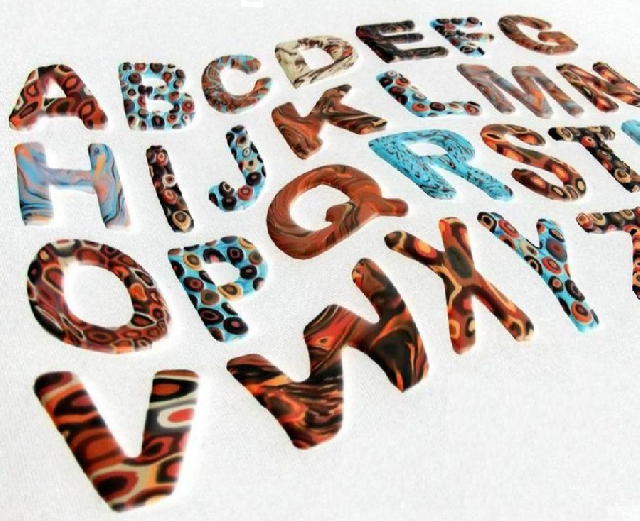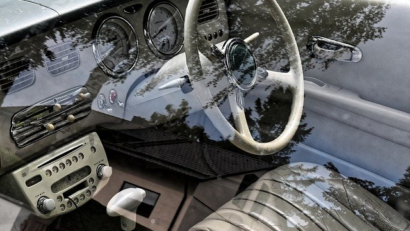False friends
Words that look and sound similar in Romanian and English but have different meanings.

România Internațional, 25.10.2013, 14:11
This week we’re going to look at that linguistic phenomenon known as the “false friend”. So, what is a false friend?
Basically false friends are words or phrases that exist in two different languages or dialects that, though they might look and sound similar, in fact have different, or at least partially different, meanings in each case. False friends can be a cause of confusion when you’re learning a foreign language, especially if that language has links to your mother tongue. And the misunderstandings created when you unwittingly use a false friend can often have comic consequences!
Let’s look at just a few examples of false friends in Romanian and English. Take the English word “actual”, which also exists in Romanian, “actual”. What’s the difference? In English “actual” is used to mean “real” or “true”, while in Romanian — as, incidentally, in various other European languages — it means “current”, as in “current affairs”.
Another common false friend is the word “magazine”, which in English is a periodical publication like The Economist or Private Eye magazine. In Romanian, however, the word magazin means shop! So make sure you take enough money with you next time you say “I’m going to buy un magazin”!
And another fun example is the Romanian word “sef”’, which in English sounds like “chef”, someone who cooks for a living, which in Romanian actually means ‘boss’. So unless your boss is also a professional good cook, you’d better try not to confuse these two words!
Then there’s also the Romanian “librarie”, which looks and sounds similar to the English “Library”. However, a “librarie” is not somewhere you go to borrow a book, it’s actually where you go to buy one — that is, a bookshop!






























